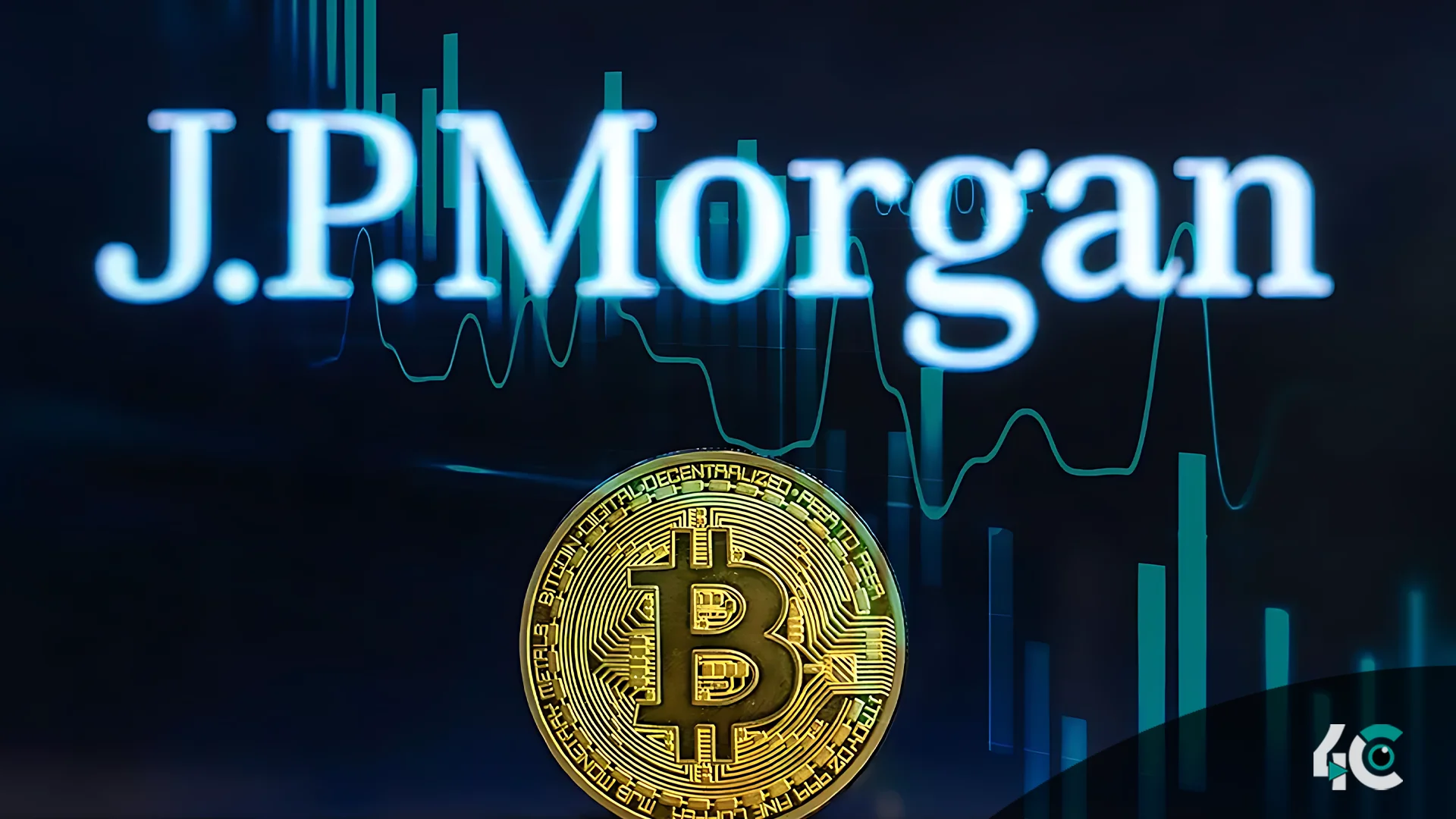According to JPMorgan’s most recent research, the trend of resorting to Bitcoin and gold as a hedge against economic instability will continue. As geopolitical uncertainty, high inflation, and concerns about government debt persist, investors seek refuge in these assets, making them critical components of modern portfolios.
The “debasement trade” refers to the growing preference for gold and Bitcoin as a result of fears about fiat currency devaluation. This movement has gained traction in recent years, with Bitcoin emerging as a viable alternative investment. As geopolitical threats increase and inflationary pressures stay high, these assets are viewed as a hedge against wealth erosion.
JPMorgan stated that gold’s price appreciation, particularly over the last year, has exceeded expectations due to factors such as the dollar’s performance and bond yields. This reflects a broader shift in investor strategy, with gold and Bitcoin becoming more important in long-term investment plans.
Bitcoin, in particular, has experienced enormous growth, particularly in 2024, when a record amount of capital entered the cryptocurrency market. The year represented a watershed moment, with both institutions and private investors making significant investments in the cryptocurrency market. The introduction of Bitcoin exchange-traded funds (ETFs) has further spurred this expansion, attracting new investors and bolstering the concept that Bitcoin is now regarded in the same way as gold in terms of its usefulness in hedging against financial volatility.
This “debasement trade” is more than a transitory trend; it represents a systemic shift in how investors approach asset management. Bitcoin and gold have proven resilient in the face of economic challenges, and they are expected to remain key components of portfolios in the coming years. As inflation and geopolitical uncertainty persist, demand for these safe-haven assets is likely to rise even more, consolidating their position in the financial landscape.

































